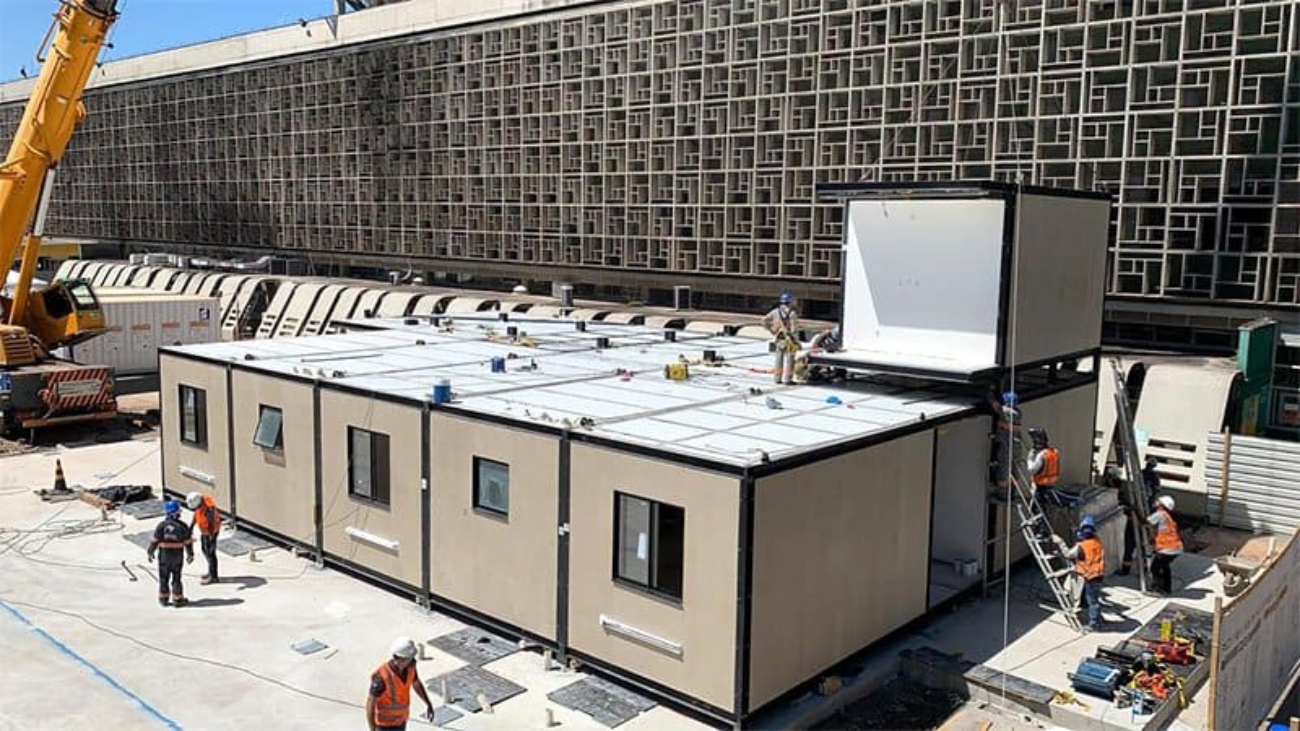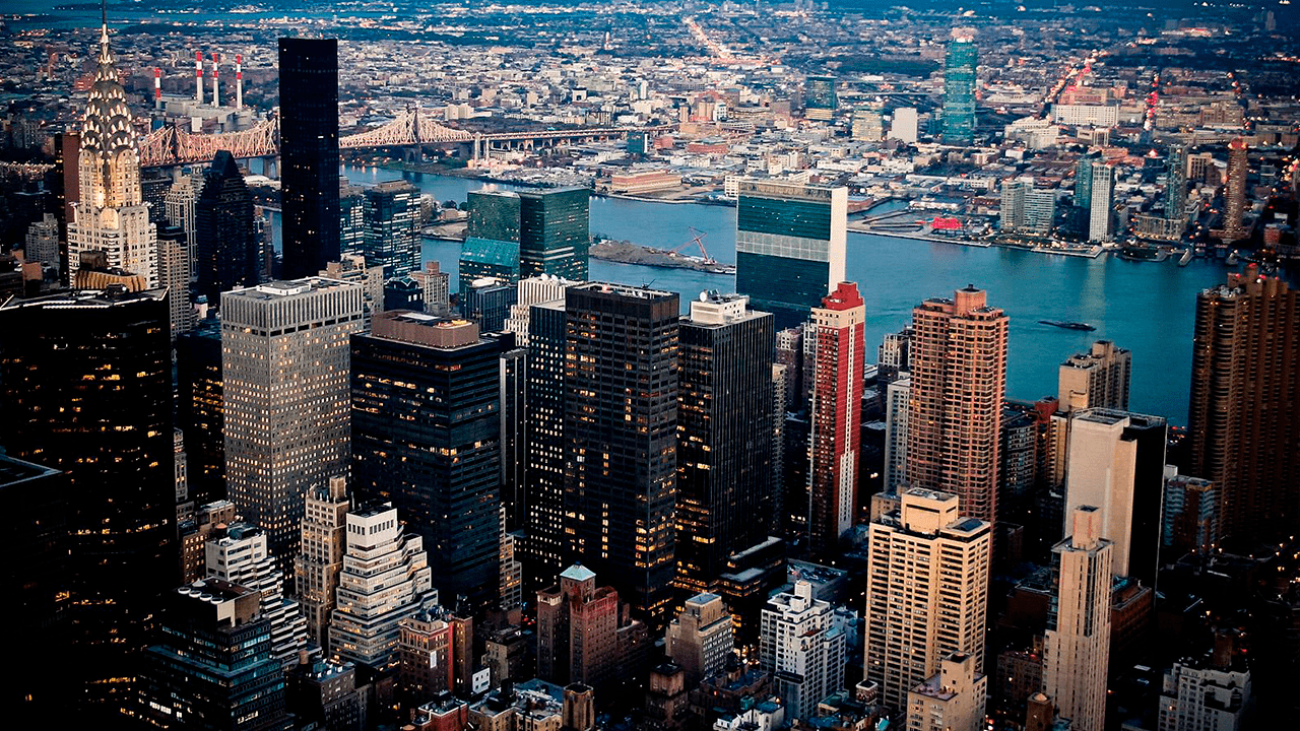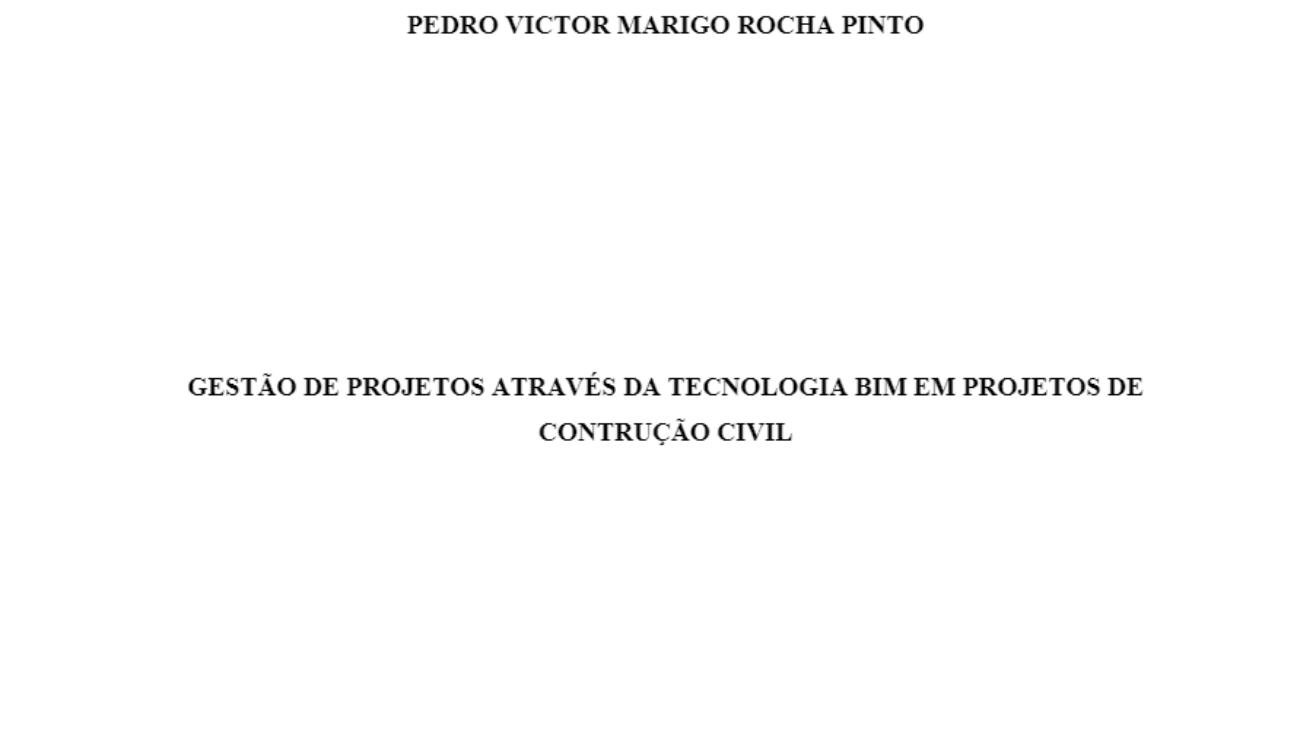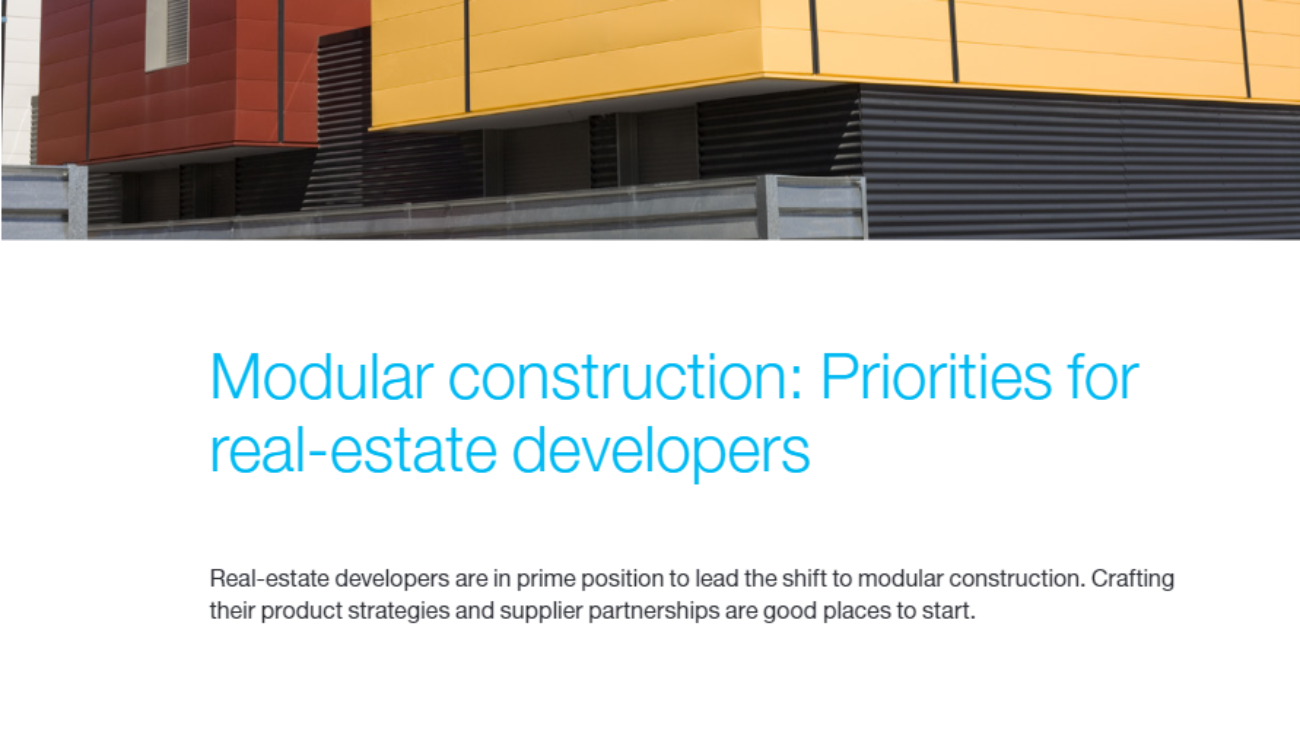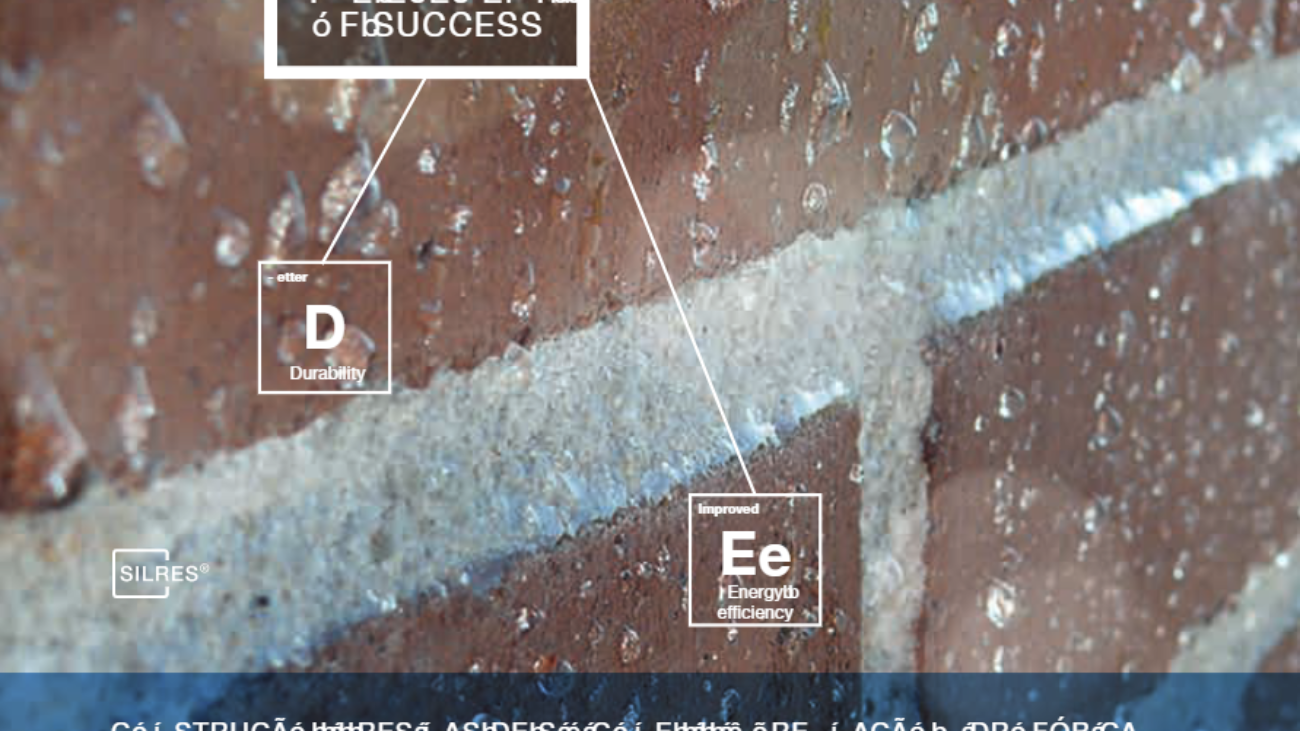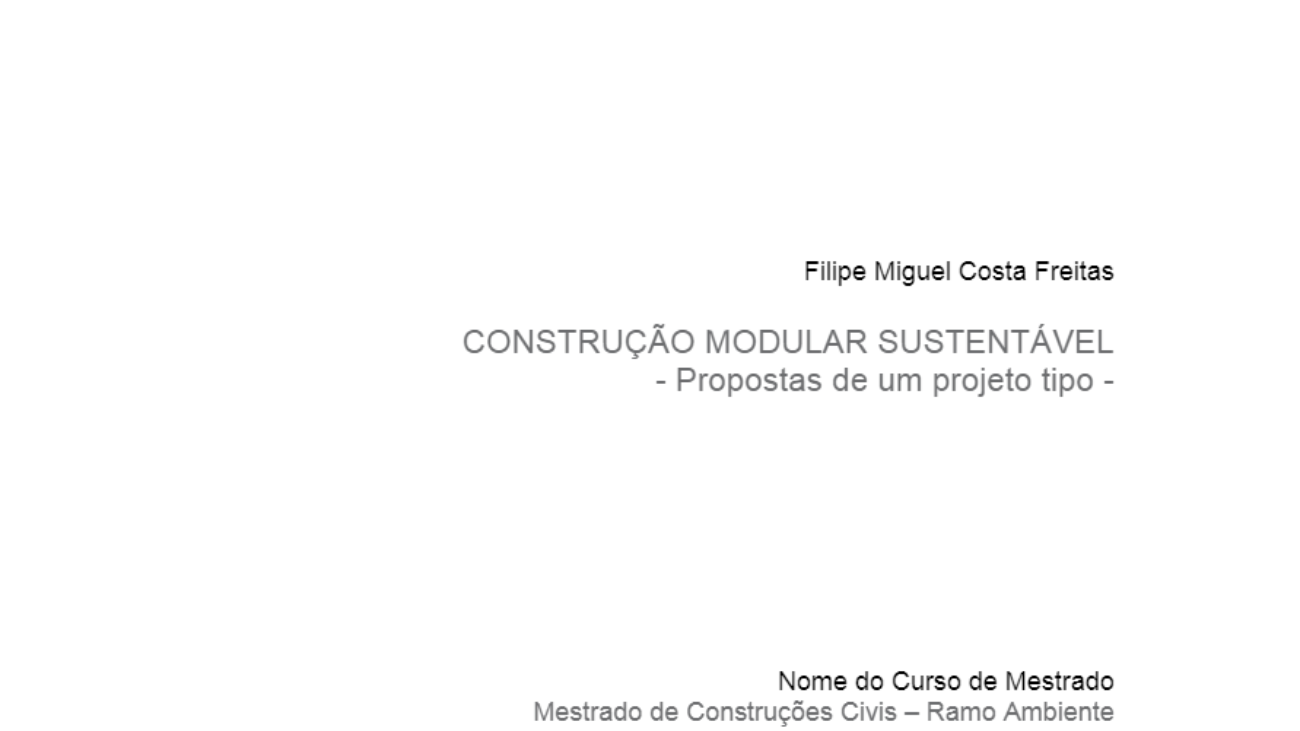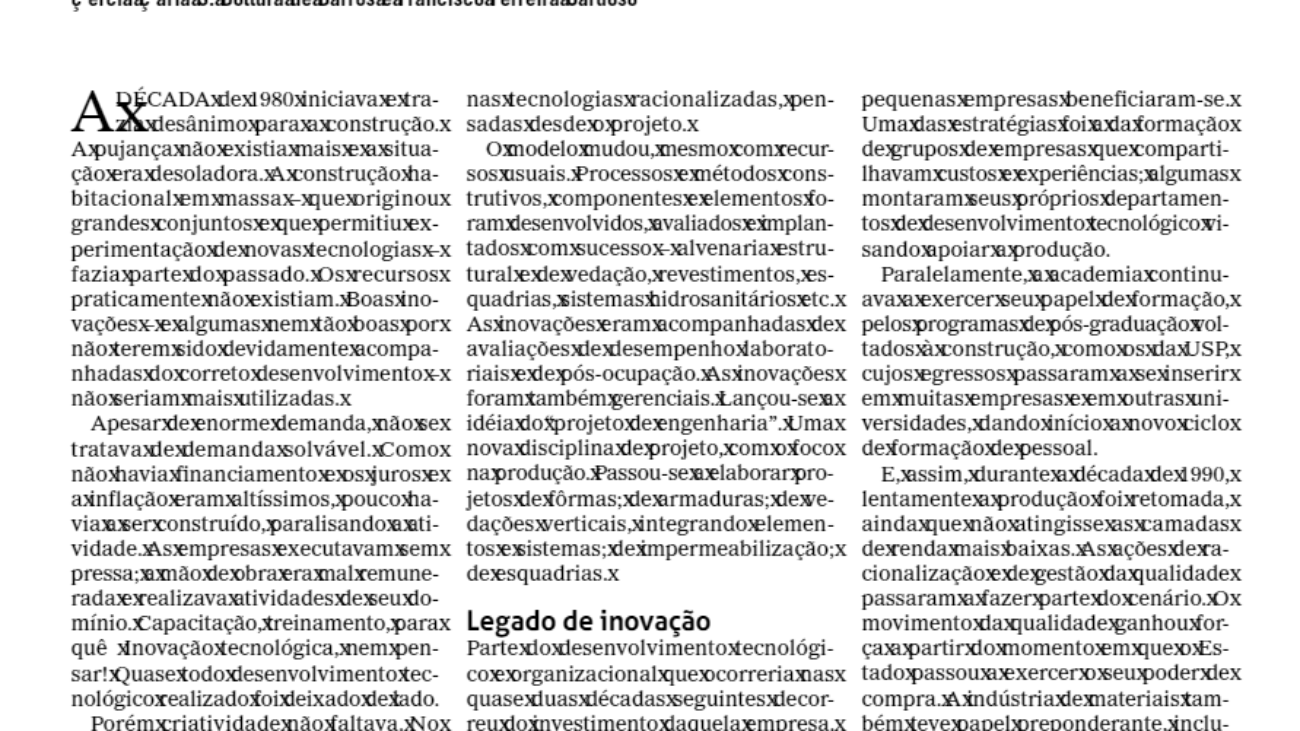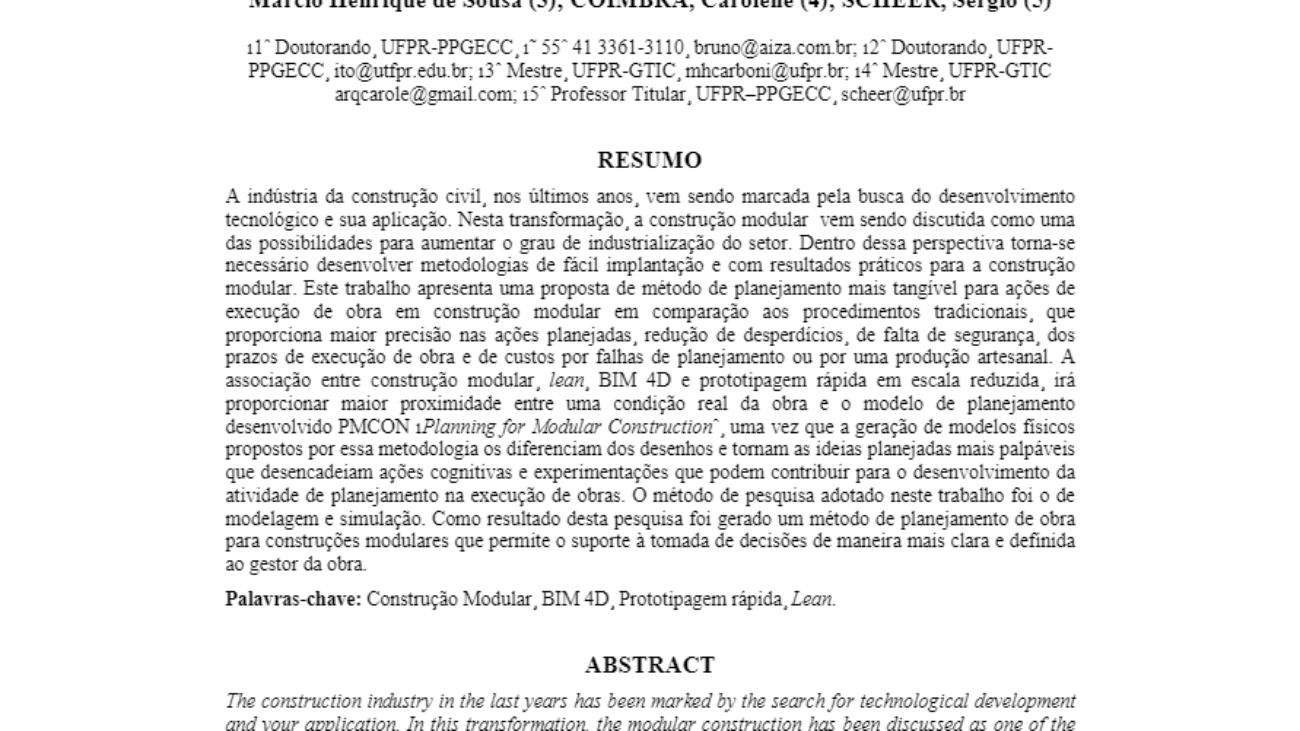Modular Construction Off-Site Report 2020: Terracota Ventures
Today, MITHUB released a report on modular construction, conducted by Terracotta Ventures, showing its status in the world and in Brazil. In line with what we have pointed out a few years ago, the document highlights a structured financial moving towards modular construction.
The document points out that 77 modular construction startups have received investments exceeding US$ 2.2 billion, since 2010. No wonder that companies such as Facebook, Google, Amazon and Autodesk are in these investors’ group1.
The figure below shows some of the main investment firms in modular construction and their respective investees.
Figure 1 – Some of the main investment firms in modular construction and investee companies
An important observation is necessary regarding this picture. The companies invested by these world giants present complete solutions in modular construction. This was also the case of Katerra, the largest global construtech in operation.
On the other hand, the investors in Brazil have invested more heavily in startups that own software or mobile applications designed to “boost” a part of the traditional businesses in the Architecture, Engineering and Construction (AEC) sector. Although the investments are more modest in these cases, and the risks are therefore lower, they do not represent complete solutions.
Regarding the thesis of companies such as Google, Facebook, Amazon and Autodesk, the investments that in fact have a large impact on the business model — in the entire life cycle of the projects and in the “Customer’s Journey” — have greater potential to become a robust and high-impact solution for transforming construction into a modern and effective industry.
The modular construction has doubled in size in the last five years. It is a solution to the traditional construction problems: predictability of prices and deadlines, unparalleled speed, quality and performance and even greater sustainability.
The BIM introduced the construction in the digital age and is one of the technologies explored by modular construction, which also has a strong foundation in the preconstruction and fast-construction, as well as in the tools that both explore. The modular construction has also appropriated the various technologies and innovations offered by digitalization, in processes, products and productivity, towards Industry 4.0.
Aratau Construção Modular is a startup with a robust thesis and disruptive innovation in the business model and in the Customer’s Journey (patent request filed with INPI).
Source: Constru Liga – A Construção Conectada (https://blogdaliga.com.br/)
O Maior Edifício Modular do Mundo
A Torre B2 em Nova Iorque, é o mais alto edifício modular do mundo. Com 32 pisos e 363 apartamentos construídos com tecnologia modular, este edifício residencial faz parte do gigantesco empreendimento de reabilitação urbana de Brooklyn, Atlantic Yards, de 5 mil milhões de dólares.
As várias divisões dos apartamentos do edifício B2 são constituídas por módulos pré-fabricados standard, com 45 m2 de área, que possuem pavimentos, instalações sanitárias e instalação elétrica. Os módulos são assemblados em fábrica, transportados até ao estaleiro de construção e elevados através de gruas até à posição final, de acordo com a tipologia de cada apartamento. Cerca de 1000 destas componentes modulares serão utilizadas na construção da torre.
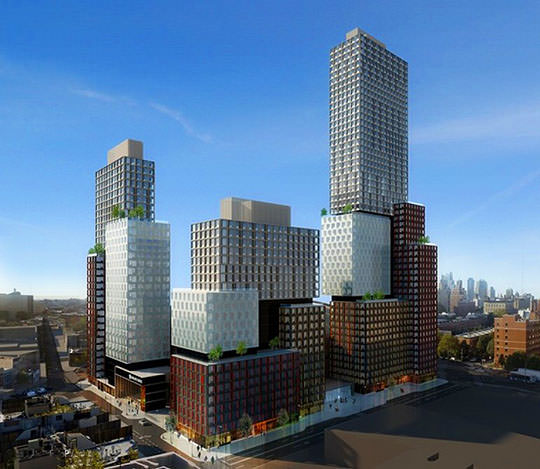
A utilização de pré-fabricação massiva na construção deste edifício modular vai permitir uma redução de resíduos de construção que pode chegar aos 90% e uma poupança energética próxima dos 70% em comparação com a construção tradicional. A construção modular tem várias vantagens operacionais, incluindo a proteção dos operários das condições climatéricas e dos riscos do trabalho em altura, uma vez que a grande maioria do tempo, estes estão no interior dos módulos.
O projeto de Engenharia Civil é da autoria da ARUP e a construção está a cargo de uma das maiores construtoras civis do mundo, a multinacional Skanska. O projeto de arquitetura é do atelier SHoP.
O B2 foi concluído no início de 2014 e é o primeiro de três edifícios com características similares a ser construído no âmbito do empreendimento Atlantic Yards. O custo de construção é de 117 milhões de dólares.
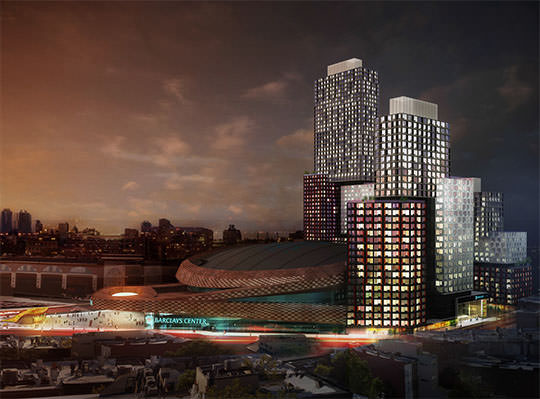
Fonte: Engenhariacivil.com – Engenharia Civil na Internet (https://www.engenhariacivil.com/)


